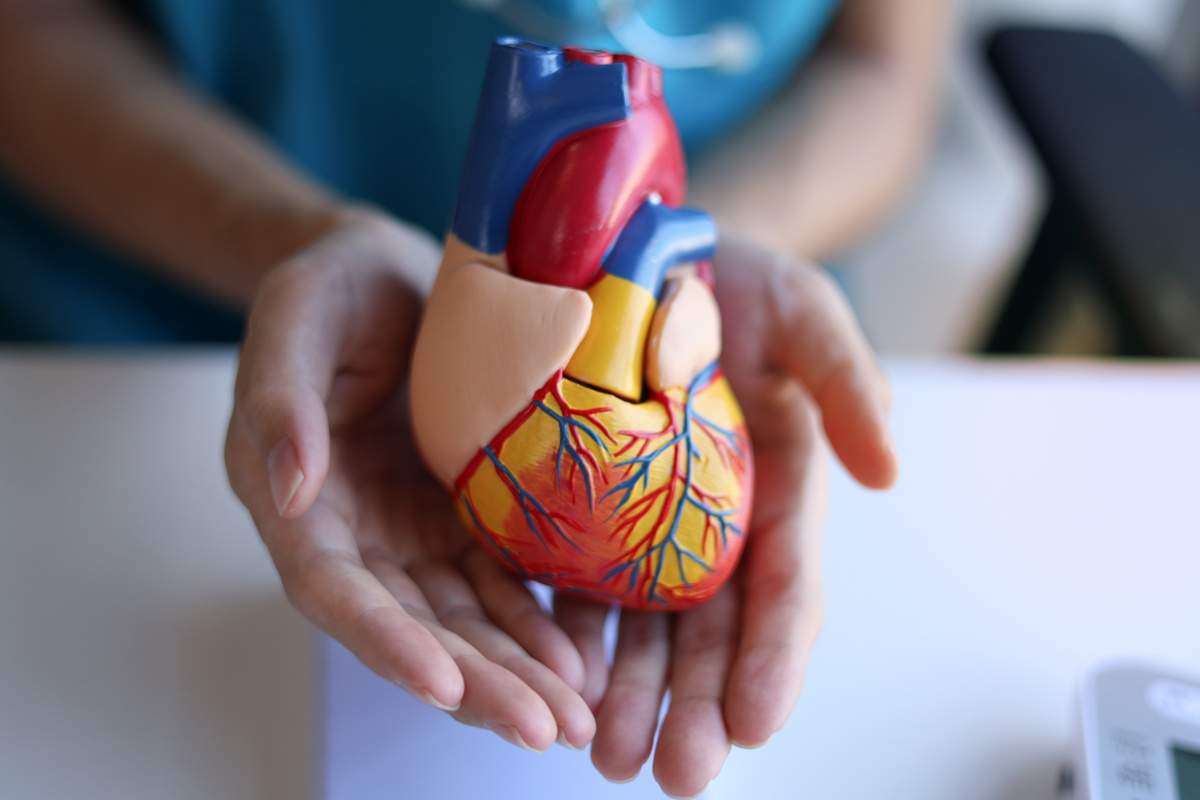Sugar-Sweetened Drinks Top the List as the Worst for Your Heart
Sugar-sweetened beverages like soda, energy drinks, and fruit drinks are the #1 worst drink for your heart. Just two servings per day increases your chance of dying from heart problems by 50% in younger adults.
The high sugar load triggers inflammation, raises blood pressure, damages blood vessels, and overworks your heart muscle. These effects build up over years and push you toward heart attack, stroke, and early death.
Ditch Sugar-Sweetened Drinks Completely
The single most protective action you can take for your heart is cutting out soda, fruit drinks, and other sugary beverages. Research tracking hundreds of thousands of people shows each 12-ounce serving you drink daily raises your death risk by 11%.
Sugar floods your bloodstream when you drink these beverages. Your body responds by releasing excess insulin, which triggers fat storage around your organs and inflammation throughout your blood vessels. Over time, this wears down your heart and arteries.
- Sugar triggers oxidative stress that damages the lining of your blood vessels
- Inflammation increases when sugar spikes happen multiple times per day
- Your blood pressure climbs as vessels lose their ability to relax
- Triglycerides shoot up and good cholesterol drops
- Insulin resistance develops, setting you up for diabetes and heart disease
Replace Energy Drinks With Plain Water or Tea
Energy drinks pack a dangerous one-two punch of massive caffeine doses plus high sugar. This combination spikes your heart rate, raises blood pressure, and can trigger irregular heart rhythms even in young, healthy people.
Cases of heart attacks, cardiac arrest, and sudden death have been reported in people drinking multiple energy drinks. The caffeine content ranges from 80 to 300 milligrams per can, often combined with other stimulants like guarana and taurine that multiply the effects.
- Your heart rate increases and stays elevated for hours
- Blood pressure jumps by 5 to 10 points within an hour
- Irregular heartbeats become more likely
- Blood vessels constrict, reducing blood flow
- QT interval prolongs on heart tracings, a warning sign for dangerous rhythms
Even one can changes how your heart functions for several hours. Young athletes and students who pound these drinks to stay alert face real cardiac risks they don’t expect.
9 Steps To Shed 5-10kg In 6 Weeks
Includes an exercise plan, nutrition plan, and 20+ tips and tricks.
Download FreeSwitch Diet Sodas for Unsweetened Beverages
Artificial sweeteners might seem like a smart swap, but research shows diet sodas still raise your heart disease risk. Women drinking two or more diet drinks daily face 20% higher odds of stroke and heart attack compared to those who rarely drink them.
The artificial sweeteners trigger changes in your gut bacteria and may confuse your body’s blood sugar control. Your brain expects calories when it tastes sweetness, and when they don’t arrive, metabolic confusion follows.
- Stroke risk climbs by 20% with frequent diet drink consumption
- Atrial fibrillation becomes more common
- Gut bacteria shift in ways that promote inflammation
- Blood sugar control worsens over time
- Cravings for sweet foods increase
Plain water, unsweetened tea, or sparkling water with fresh lemon give you hydration without the metabolic chaos.
Limit Fruit Juice to Small Amounts
Pure fruit juice sounds healthy but acts like liquid sugar in your body. Each extra 12-ounce serving daily increases your death risk by 24%, even higher than regular soda in some studies.
When you eat whole fruit, the fiber slows sugar absorption and feeds beneficial gut bacteria. Juice strips away the fiber and delivers a concentrated sugar hit that spikes your blood sugar and insulin just like soda does.
- Blood sugar spikes happen quickly without fiber to slow absorption
- Calories add up fast because juice doesn’t fill you up
- Fructose overloads your liver, promoting fat storage and inflammation
- Insulin surges stress your pancreas and promote insulin resistance
- Whole fruit provides protection that juice removes
Stick to one small glass (4 ounces) if you drink juice at all. Better yet, eat the whole fruit instead.
Watch Your Alcohol Intake
Heavy drinking clearly damages your heart, but even moderate amounts create risk. Alcohol raises blood pressure, weakens heart muscle, increases triglycerides, and promotes irregular heart rhythms.
Young and middle-aged adults who drink above recommended limits face higher coronary heart disease risk. The effects accumulate over decades, even if you feel fine now.
- Blood pressure rises with each drink above moderate levels
- Cardiomyopathy develops when alcohol weakens heart muscle over time
- Atrial fibrillation risk increases, especially with binge drinking
- Triglycerides climb after drinking
- Empty calories contribute to weight gain around your organs
Men should limit alcohol to two drinks or less daily, women to one drink or less. Heavy episodic drinking (five or more drinks in one sitting) particularly damages your heart.
Common Questions About Drinks and Heart Health
What drink is best for heart health?
Unsweetened green or black tea shows the strongest protection. Two to three cups daily lowers your risk of heart attack, stroke, and heart failure. Water remains your safest choice for hydration.
How much soda increases heart disease risk?
Just one 12-ounce serving daily raises your cardiovascular death risk by 11%. Two or more servings per day increase your risk by 50% or more, especially in younger adults.
Do sports drinks damage your heart?
Most sports drinks contain high amounts of sugar similar to soda. Unless you’re exercising intensely for over an hour, plain water works better without the sugar load that harms your heart.
Can I drink coffee safely?
Moderate coffee consumption (two to three cups daily) appears safe and may provide slight cardiovascular protection. The benefits come from antioxidants, not from adding sugar or cream.
Will diet drinks really increase stroke risk?
Studies tracking thousands of women found drinking two or more artificially sweetened drinks daily raised stroke risk by 20% and overall cardiovascular events by similar amounts.
How does sugar damage the heart?
Sugar creates oxidative stress that damages blood vessel linings, triggers chronic inflammation, raises blood pressure, increases triglycerides, promotes insulin resistance, and leads to fat buildup in and around your heart.
What’s worse for my heart: sugar or artificial sweeteners?
Regular sugar-sweetened drinks show stronger links to heart disease and death in most studies. Both carry risks, so unsweetened options remain your best choice.
How long until I see heart benefits after quitting soda?
Blood pressure and triglycerides can improve within weeks. Inflammation markers drop within months. Long-term risk reduction becomes clear after a year or more of avoiding these drinks.
Are fresh-squeezed juices better than store-bought?
Fresh juice still delivers concentrated sugar without fiber. Your body responds the same way whether juice comes from a bottle or your juicer at home.
Can I reverse heart damage from years of drinking soda?
Stopping now prevents further damage and allows some recovery. Blood pressure, cholesterol, and blood sugar often improve. Some damage remains permanent, which makes quitting today essential.
Your Next Step
Start by replacing one sugary drink per day with water, unsweetened tea, or sparkling water with fresh fruit. Track how you feel after one week without the sugar crashes and energy dips. Most people notice better energy, clearer thinking, and improved sleep within days.

